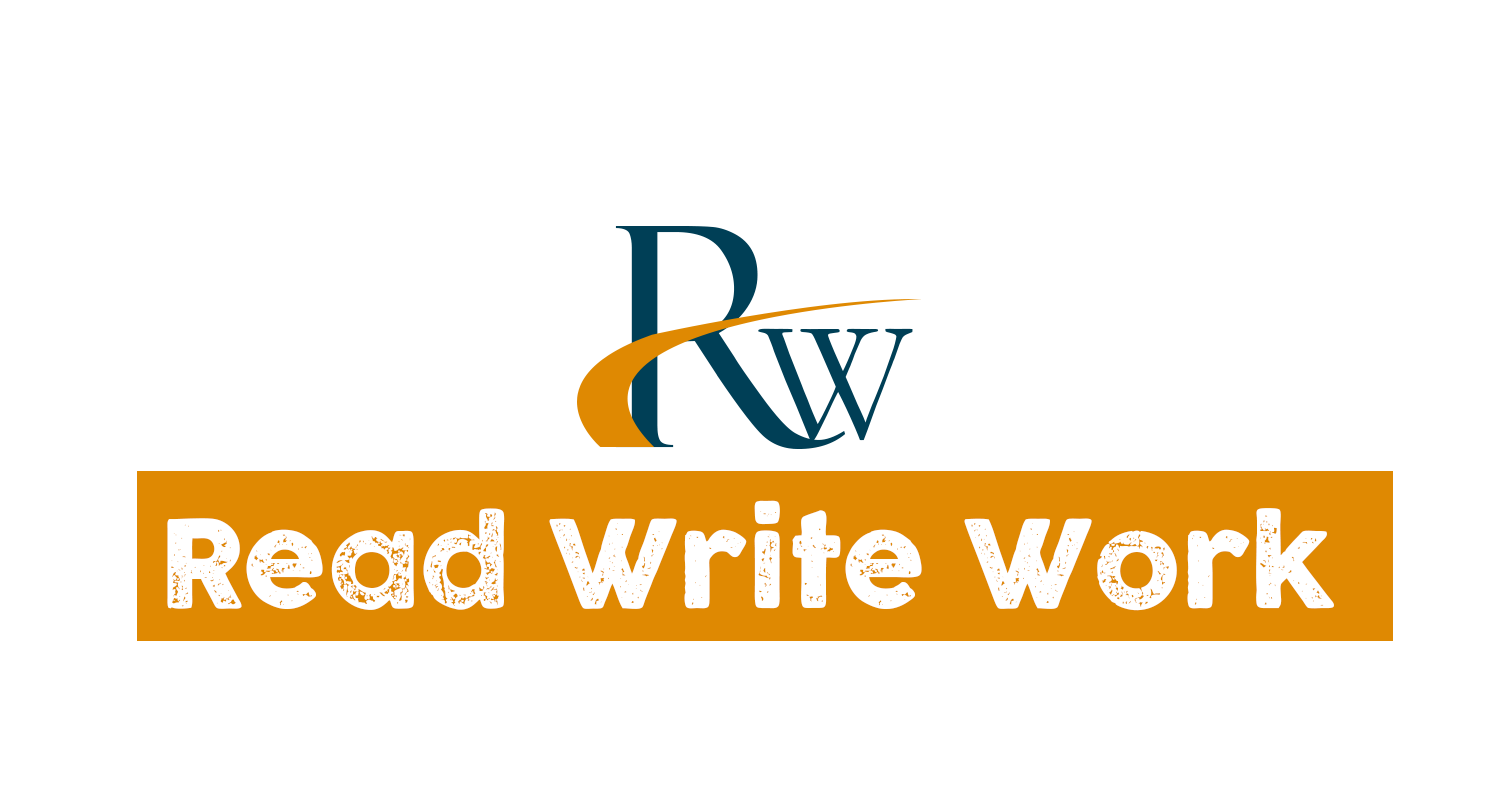Book Prices and Consumer Shifts
The publishing industry is undergoing a transformation that is both economic and cultural. Book prices have risen steadily over the past decade, driven by rising production costs, supply chain challenges, and inflation. In many regions, the cost of a single hardcover title can equal a day’s wages.
Consumers, however, are adapting. Rather than abandoning print altogether, readers are turning toward more affordable alternatives. The two most powerful forces reshaping the book market in 2025 are used books and the global rise in demand for cheap books. Both satisfy the growing demand for access while easing the financial burden of traditional retail pricing.
This shift is not a temporary reaction to higher prices, it represents a structural change in how books are bought, sold, and valued.
Used Books as an Economic Solution
The global rise of used books highlights a fundamental economic principle: when primary markets become too expensive, secondary markets thrive.
Used books have long carried emotional appeal, the inscriptions, worn spines, and handwritten notes that remind readers of stories passed from one hand to another. But in today’s market, their economic role is equally important.
- Cost efficiency: Readers can purchase five to ten used titles for the price of one new hardcover
• Circular economy: Every resale extends the lifecycle of a book, reducing demand for new print runs and lowering industry waste
• Market access: Many out of print or hard to find titles resurface only through the used book ecosystem
Platforms such as Used Book Depot have professionalized this market, combining the charm of secondhand discovery with the reliability of modern e-commerce. For both local communities and international readers, used books are no longer just alternatives, they are smart financial decisions.
The Global Appeal of Cheap Books
If used books extend the life of printed literature, cheap books expand its reach to new audiences. Readers still desire the freshness of untouched pages, but rising costs have made that luxury inaccessible for many. Cheap books solve the problem by offering new editions at prices that meet global budgets.
The appeal of cheap books is especially strong in:
- Education markets: Students and universities need affordable access to academic titles
• Family households: Parents fostering reading habits in children are sensitive to high retail costs
• Developing economies: Readers in emerging markets gain entry to global literature at sustainable prices
Cheap Book Depot has positioned itself as a global distributor, shipping affordable titles to multiple continents. Its model demonstrates that cheap books are not synonymous with low quality, they are strategic tools for increasing literacy and sustaining demand for print in the digital age.
Online Platforms Driving Change
The internet has accelerated these shifts by creating transparent, scalable marketplaces. What was once limited to garage sales, thrift stores, or local bookshops is now a global marketplace accessible with a single click.
- Used Book Depot merges a physical store presence with an expansive online platform, serving as both a community hub and a scalable e commerce operation
• Cheap Book Depot eliminates geographical barriers by making cheap books available globally, often at prices traditional publishers struggle to match
For consumers, online platforms create trust through reviews, secure payments, and reliable delivery. For the industry, they provide a safety valve, balancing the need for publisher profits with consumer demand for affordability.
Educational and Professional Impacts
The ripple effects of affordable books extend beyond personal libraries. In 2025, schools, nonprofits, and professional organizations increasingly rely on used and cheap book markets to meet their goals.
- Educational equality: Affordable access helps level the playing field for students in low income regions
- Workplace learning: Companies focused on employee development often purchase cheap books in bulk to distribute professional titles
- Community programs: Libraries, literacy nonprofits, and book donation projects stretch limited budgets further by sourcing used or cheap editions
This trend ensures that books remain not just personal luxuries but collective assets supporting broader economic and social development.
The Missing girls Western Pennsylvania narrative echoes through the evolving global market for used and cheap books in 2025. As readers seek affordability and rarity, secondhand bookstores flourish. This literary renaissance transcends boundaries, merging nostalgia with sustainability—an era where stories, once forgotten, find new homes and renewed significance.
Why the Future of the Book Market Depends on Used and Cheap Books
The global book market is no longer defined by a simple new versus used binary. Instead, it is shaped by how well publishers, retailers, and readers adapt to the principles of affordability, sustainability, and accessibility.
- For consumers: Used and cheap books reduce barriers to knowledge and entertainment
For publishers: These models expand overall readership, creating secondary revenue opportunities
For society: Affordable access sustains literacy rates, supports lifelong learning, and fosters cultural exchange
In 2025, used books and cheap books are more than market categories, they are pillars of a smarter, more sustainable reading economy. By combining tradition with innovation, they ensure that the power of literature remains within reach for everyone, everywhere.







